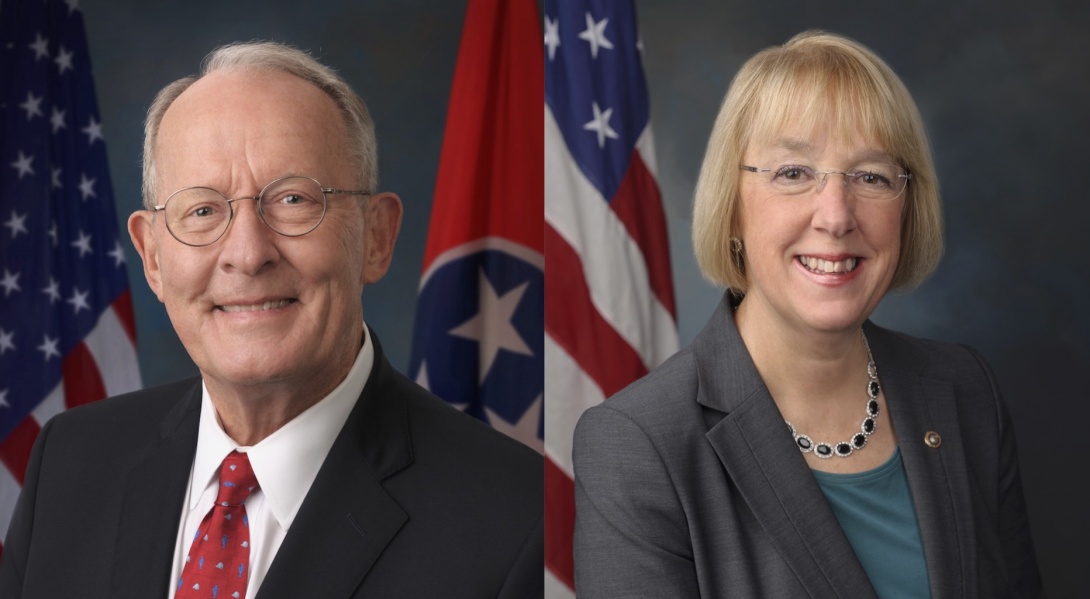INSTITUTE INDEX: Senators strike deal to secure crucial funding for HBCUs

Sen. Lamar Alexander, a Tennessee Republican, had been blocking a measure to provide permanent funding for HBCUs, but this week he reached a deal with Democratic Sen. Patty Murray of Washington that will provide the needed money. (Official Senate photos.)
Date on which Senate Democrats and Republicans reached a deal to permanently fund historically black colleges and universities (HBCUs), tribal colleges, and Hispanic-serving schools after a months-long standoff during which federal funding for the schools expired: 12/4/2019
Month in which Sen. Lamar Alexander, a Tennessee Republican and education committee chair, blocked the original version of the FUTURE Act because he wanted to attach it to a larger package of higher education measures, which Senate Democrats rejected because they felt it held HBCU funding hostage while failing to address the schools' larger financial crisis: 9/2019
Under the proposal released this week by Alexander, the former president of the University of Tennessee system, and Sen. Patty Murray of Washington, the education committee's ranking Democrat, amount that would be allotted annually to HBCUs and other minority-serving institutions: $255 million
Month in which the original funding measure that had been blocked by Alexander, who's not running for reelection, unanimously passed the House of Representatives: 9/2019
Date on which the Senate unanimously passed the amended FUTURE Act, which satisfies Alexander's demand to simplify the application for federal student aid and reduce paperwork for some borrowers: 12/5/2019
If the measure finally passes Congress, which now appears likely, amount of money that will specifically be allotted annually to fund science, technology, engineering, and mathematics (STEM) programs at HBCUs: $85 million
Percent of all U.S. higher education institutions that are HBCUs: 3
Percent of all black STEM graduates HBCUs produce: 25
Of all black women who earned STEM degrees between 1995 and 2004, percent who earned them at HBCUs: 46
Of the 90 institutions of higher education in the U.S. with endowments of more than $1 billion, number that are HBCUs, whose longstanding financial struggles have led to accreditation crises in recent years: 0
(Click on figure to go to source.)
Tags
Rebekah Barber
Rebekah is a research associate at the Institute for Southern Studies and writer for Facing South.
